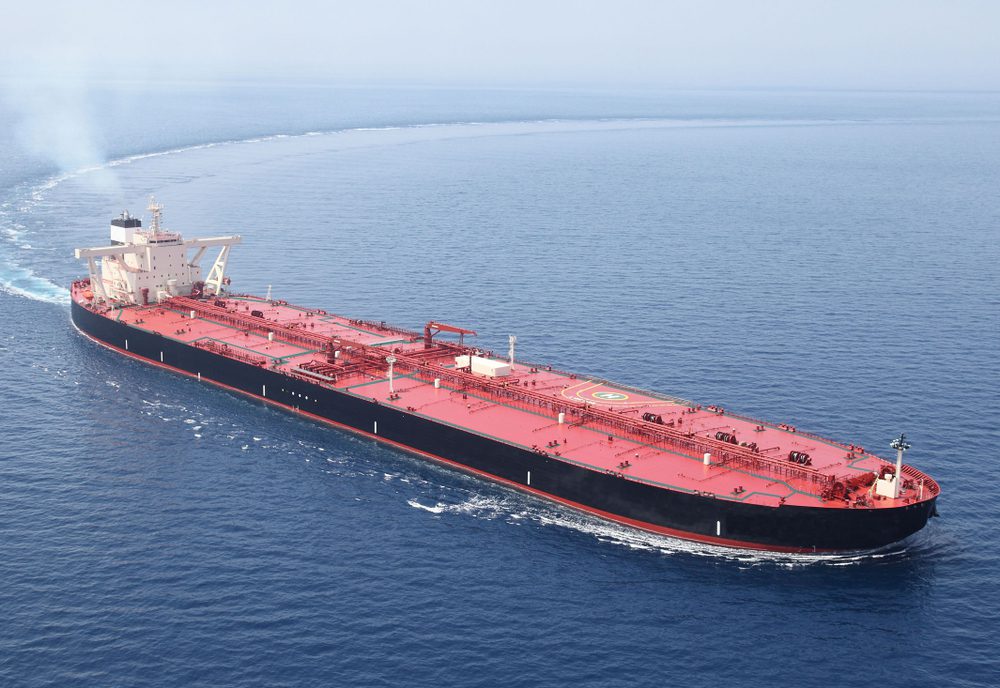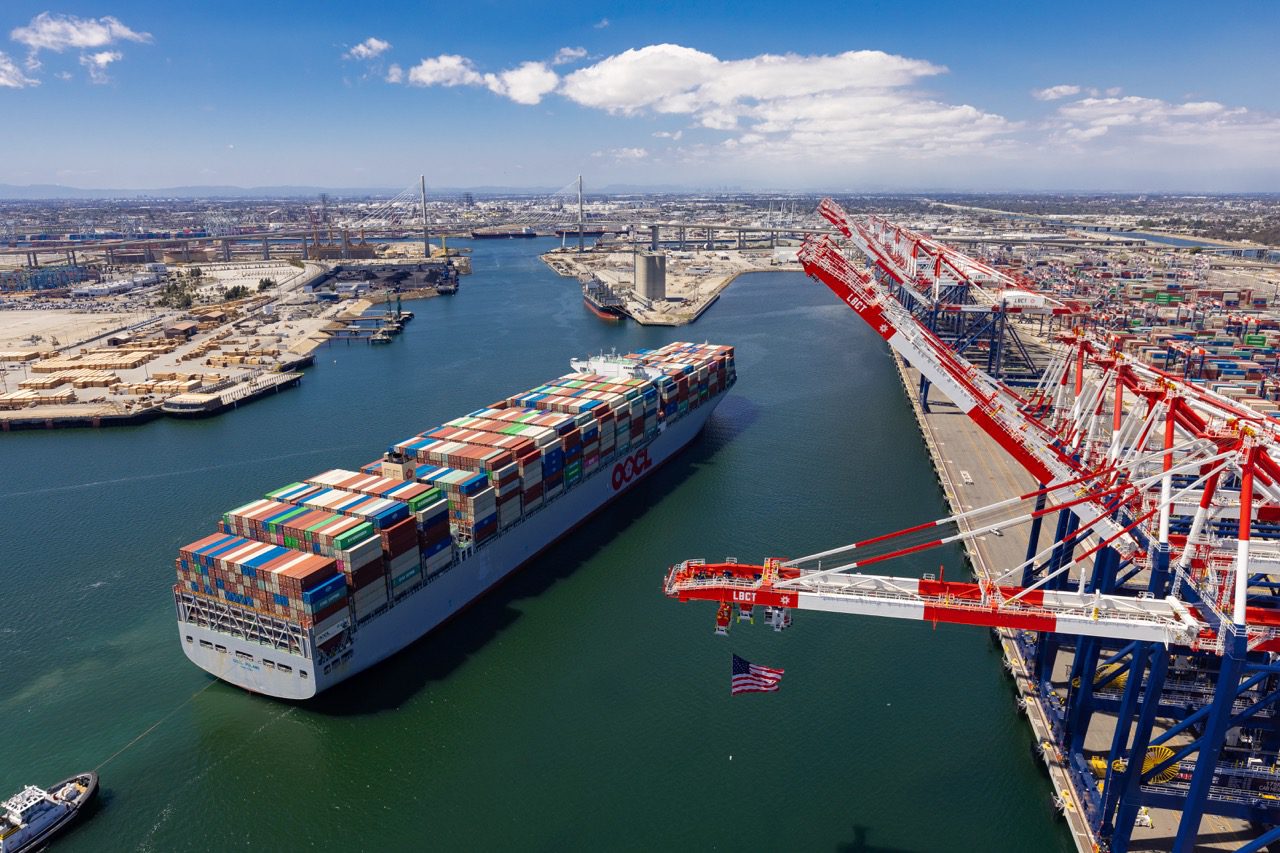 By Chris Arsenault
By Chris Arsenault
ROME, Jan 21 (Thomson Reuters Foundation) – About 20 percent of the world’s fishing catch is taken illegally by poachers, experts estimate, but a new satellite tracking system launched on Wednesday aims to crack down on the industrial-scale theft known as “pirate fishing.”
Run by the British technology firm Satellite Applications Catapult and backed by environmental groups, Project ‘Eyes on the Sea’ will open a “Virtual War Room”.
Experts will be able to watch satellite feeds of the waters around Easter Island, a Chilean territory in the southeastern Pacific Ocean, and the western Pacific island nation of Palau, which lacks the resources to monitor all the illegal fishing taking place near its waters.
The technology analyses numerous sources of live satellite tracking data, enabling monitors to link to information about a ship’s country of registration and ownership history to spot suspicious vessels.
“This system will enable authorities to share information on those vessels operating outside the law, build a comprehensive case against them, track them into port or within reach of enforcement vessels, and take action against them,” Joshua Reichert from the Pew Charitable Trusts, the environmental group driving the project, said in a statement.
“We want to identify bad actors and hold them accountable, making enforcement easier and more cost effective.”
Tommy E. Remengesau Jr., Palau’s president, said his country had already been able to identify suspicious vessels in its marine zone with the help of the project’s supporters.
The “war room” is a digital platform which can be accessed remotely by governments, rather than a physical space.
The programme’s backers plan to expand it to other countries over the next three years.
Illegal fishermen, the value of whose catch is estimated at up to $23.5 billion annually, operate with near impunity in some areas where they think themselves safe from tracking, according to Pew Trusts.
In some regions, as much as 40 percent of the total catch is thought to be taken unlawfully.
Consumers and environmental groups have often had no way of knowing whether the fish they are eating comes from illegal operations but the new satellite programme can help change that, said Spain’s former environment minister, Cristina Narbona. (Reporting By Chris Arsenault; Editing by Tim Pearce)
© 2015 Thomson Reuters. All rights reserved.

 Join The Club
Join The Club











